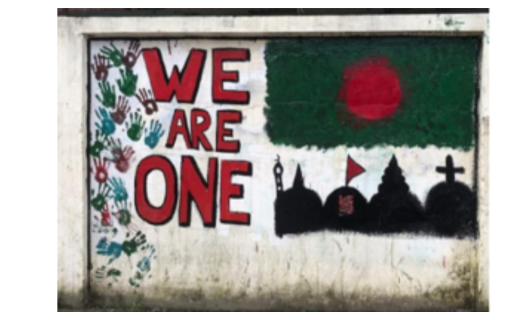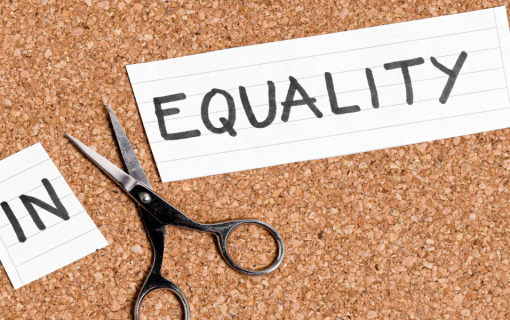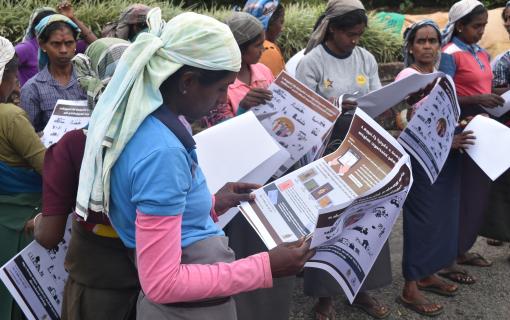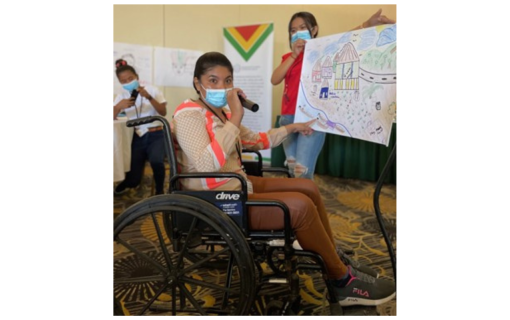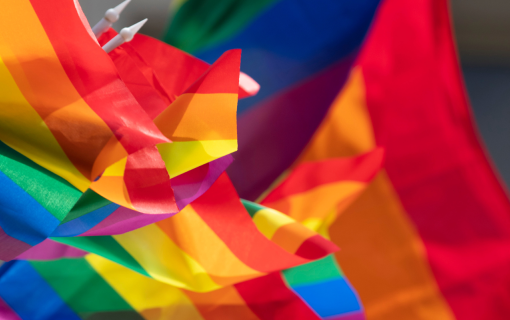Focus on Morocco | Social Attitudes Toward Women Topic Brief
SOCIAL ATTITUDES TOWARD WOMEN
Before conducting the SWMENA survey, NGOs in Morocco that work on several aspects of women’s issues completed a short survey to identify their data needs. One of the main challenges identified by these groups is the stereotypical view of women’s image in Morocco in terms of their role in family and society. These groups identified the conservative or male-dominated mentality that restricts women’s role to marriage, child-bearing, and servicing the husband and the family as one of the main issues facing women in Morocco. These women also mentioned the weak presence of women in decision-making positions as an obstacle facing Moroccan women. Women in both political and private sector institutions, including women in political parties and parliament, don’t have significant decision-making weight and some NGOs believe that women in political parties tend to be just exploited for political marketing and remain marginalized within these parties.
Consequently, we introduced a series of questions in the SWMENA survey to gauge social attitudes toward women. To get a sense of these attitudes, we asked questions such as support for women in politics, support for daughters in politics, allowing women to work outside the home, support/opposition for women involved in decision-making positions, and others. These questions give a sense of mentalities between groups in society such as between genders and between women of urban/rural areas, education levels, and age groups.
Opinions on Women’s Involvement in Politics & Decision-Making Positions
Survey data suggests that there is a fairly high level of support for women becoming involved in politics as candidates for office, but women are much more likely than men to strongly support women in politics as political candidates. Figure 1 shows that while a majority of men (74%) and women (88%) strongly/somewhat support women as political candidates, women are more likely than men to strongly support women in politics (61% and 38% respectively).




